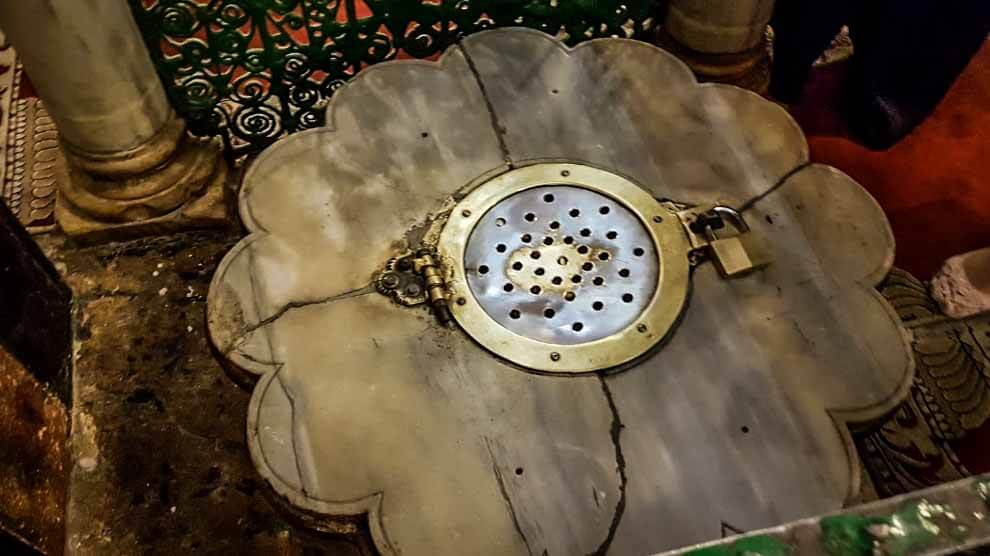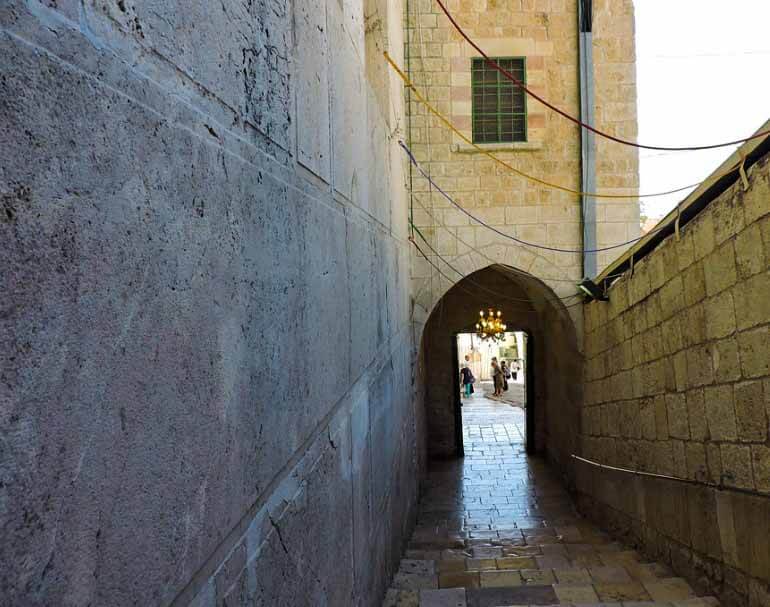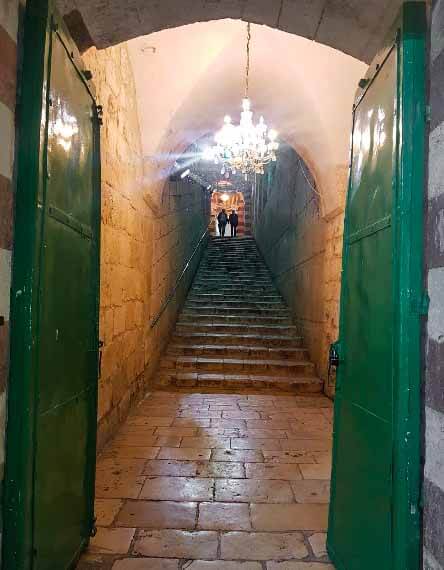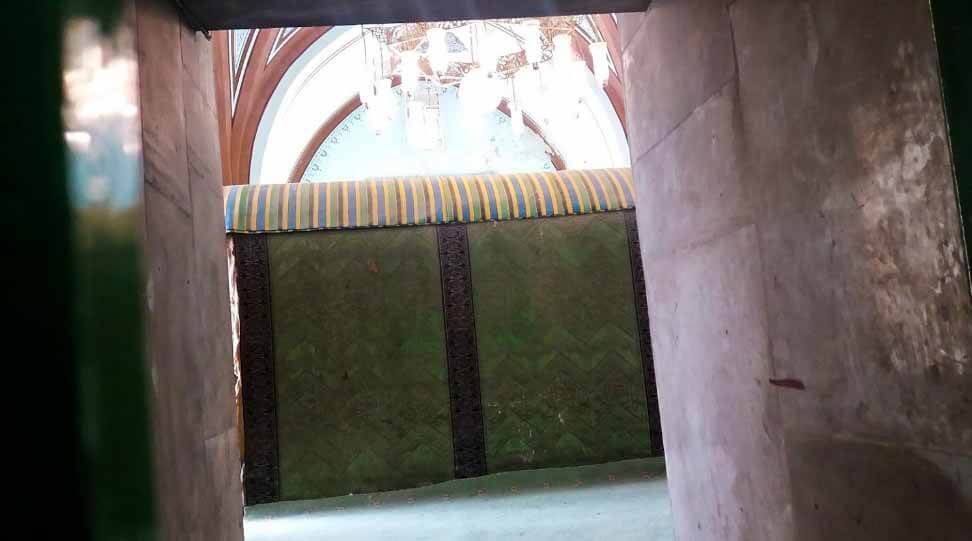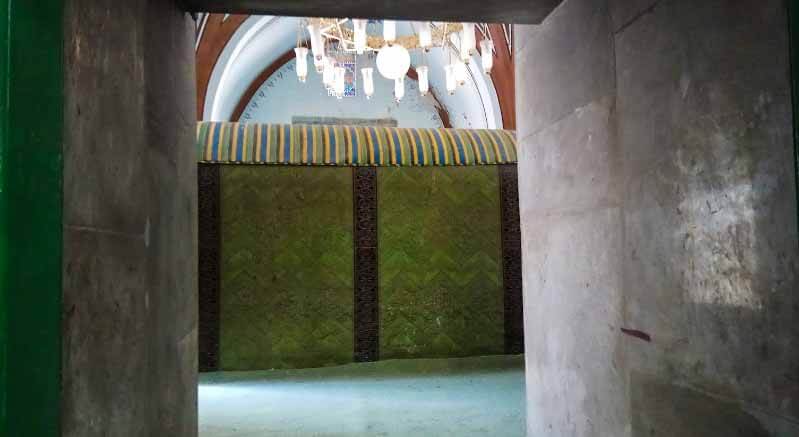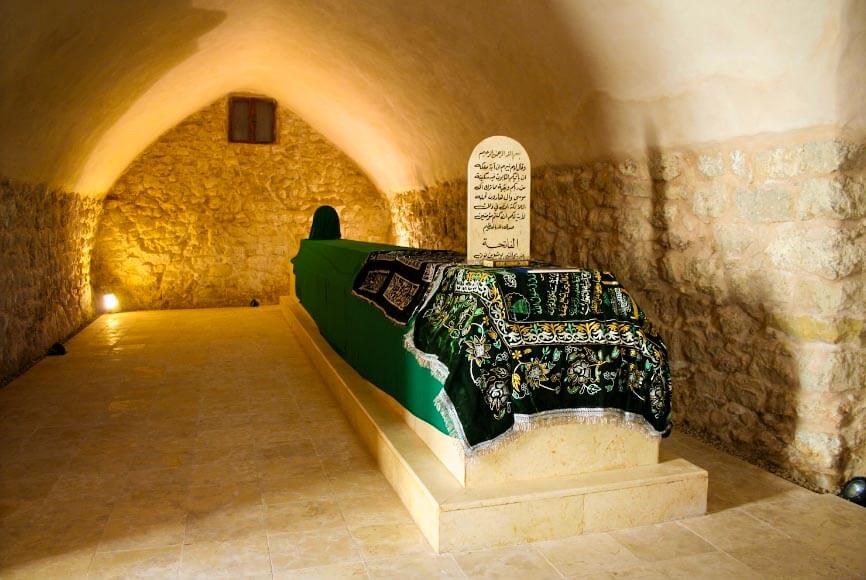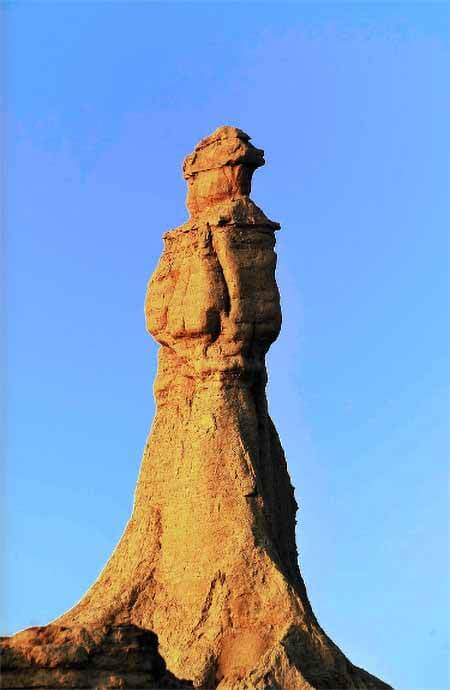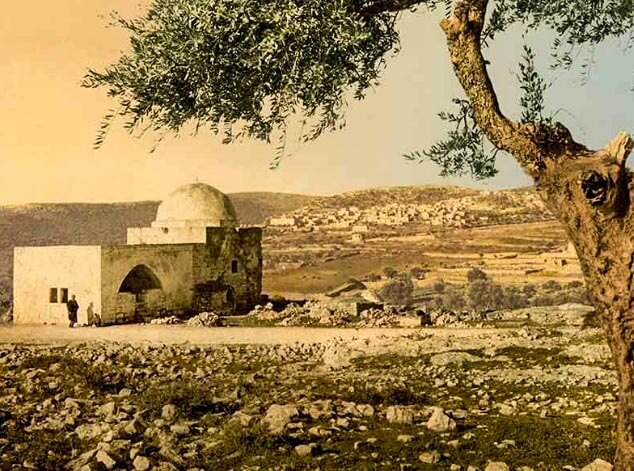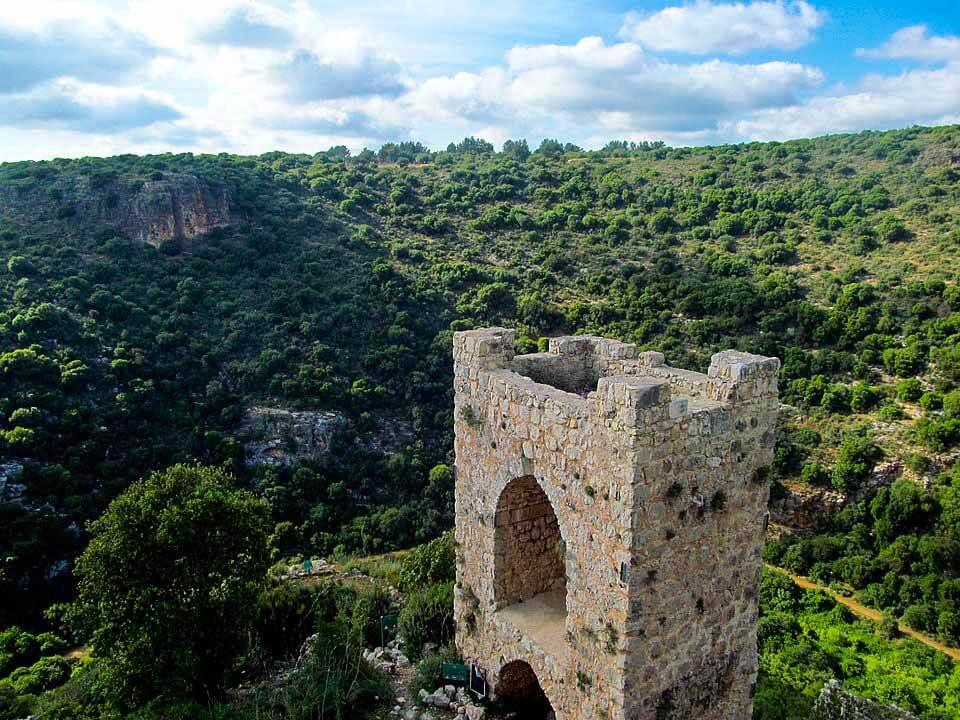Hebron, West Bank – Palestine
Coordinates: 31.524705, 35.110715
Hz. Yusuf ibn Yaqub ibn Ishaq ibn Ibrahim عليه اسلام is a prophet mentioned in the Quran,
Yusuf is is one of the common names in the Middle East and among Muslim nations.
Of all of Hz. Yaqub’s عليه اسلام children, Hz. Yusuf عليه اسلام was the one given the gift of prophecy.
Although the narratives of other prophets are mentioned in various Surahs, the complete narrative of Hz. Yusuf عليه اسلام is given only in one Surah, Yusuf, making it unique.
It is said to be the most detailed narrative in the Qur’an and bears more details than the Biblical counterpart.
Hz. Yusuf عليه اسلام is believed to have been the eleventh son of Hz. Yaqub عليه اسلام, and, according to many scholars, his favorite.
According to Ibn Kathir, “Hz. Yaqub عليه اسلام had twelve sons who were the eponymous ancestors of the tribes of the Israelites.
The noblest, the most exalted, the greatest of them was Hz. Yusuf عليه اسلام.”
The story begins with Hz. Yusuf عليه اسلام revealing a dream he had to his father, which Hz. Yaqub عليه اسلام recognizes.
In addition to the role of Allah in his life, the story of Hz. Yusuf عليه اسلام and Zulaikha became a popular subject in Persian literature, where it became considerably elaborated over the centuries.
Confusion regarding the correct burial place of Hz. Yusuf عليه اسلام
Muslim traditions holds that Hz. Yusuf عليه اسلام is burid in Haram al-Ibrahimi Complex (Cave of the Patriarchs).
However according to Jews the tomb of Hz. Yusuf عليه اسلام is located in Nablus, WestBank.
Tomb of Muslim Shaykh’s named Joseph’s Tomb in Nablus
According to muslims this tomb is dedicated to a local medieval sheik Yusef Al-Dwaik.
This tomb is 300 metres northwest of Jacob’s Well, on the outskirts of the West Bank city of Nablus.
There is no archaeological evidence establishing the tomb as Hz. Yusuf’s عليه اسلام, and modern scholarship has yet to determine whether or not the present cenotaph is to be identified with the ancient biblical gravesite.
The lack of Jewish or Christian sources prior to the 5th century that mention the tomb indicates that prior to the 4th century it was a Samaritan site.
Some say the reason why Jews regard this place holy is to gain more grounds and control over the west bank region, which according to law, comes in Palestinian authority.


